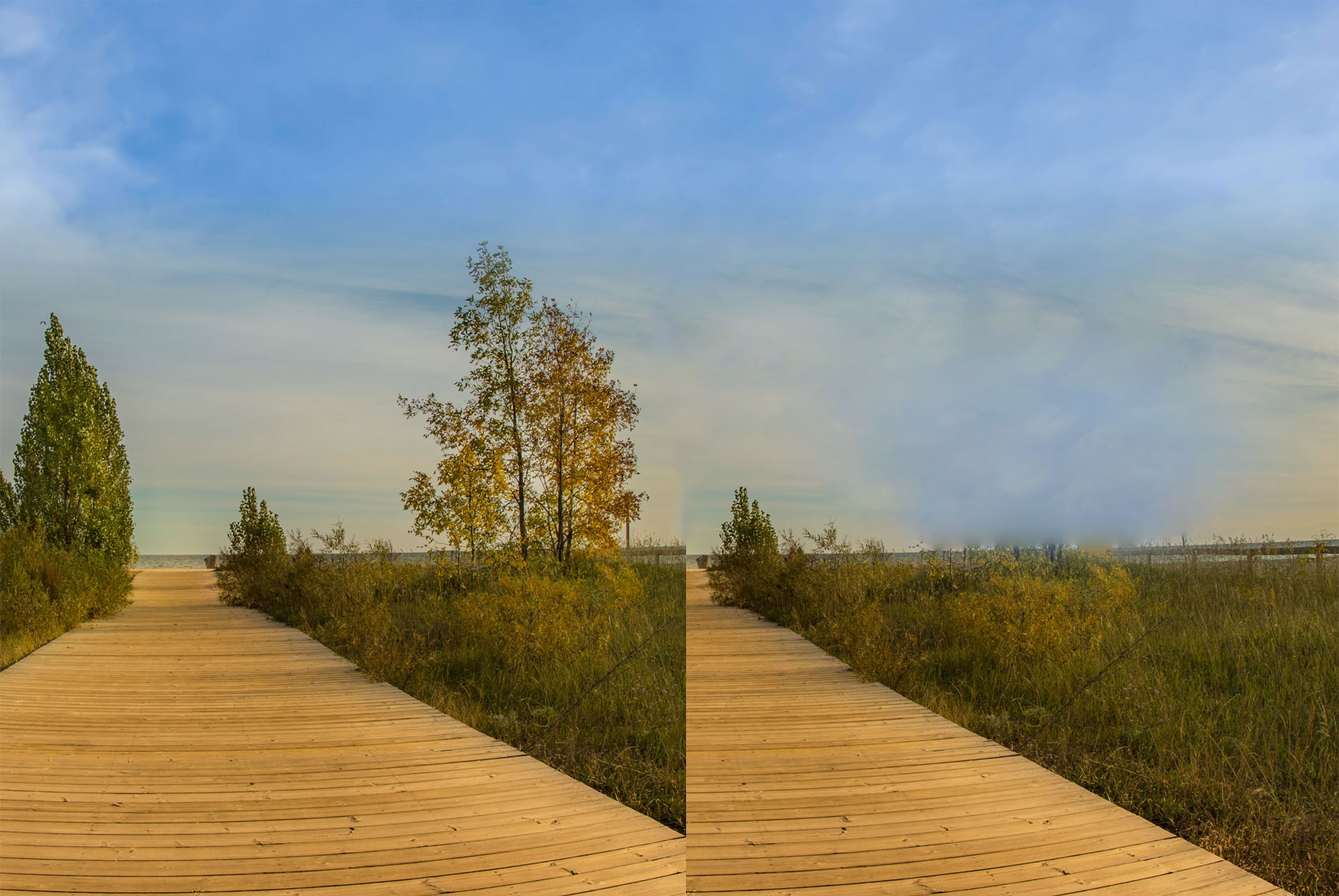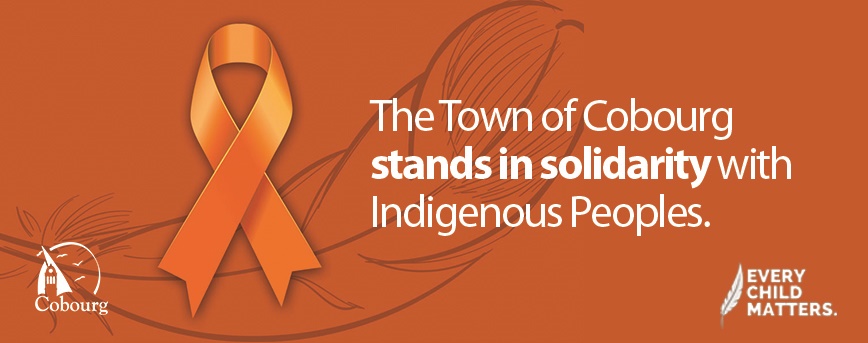

Interested in learning more about the land you live on?
Interested to learn more about the land you live on? Visit www.whose.land to find out which Indigenous Nations, territories and communities you community has settled on. This tool is Canada wide and a great starting point in conversation about reconciliation and land acknowledgement between Indigenous and non-Indigenous people.
Truth, Reconciliation, and Justice
Support for survivors and their families of residential schools is available. If you are a former residential school student in distress, or have been affected by the residential school system and need help, you can contact the 24-hour Indian Residential Schools Crisis Line at 1-866-925-4419, or the Indian Residential School Survivors Society toll free line at 1-800-721-0066. Children and youth in crisis can also call and speak to a counsellor at Kids Help Phone at 1-800-668-6868 and youth identifying as 2SLGBTQIA+ persons could call 1-800-268-9688.
The Town of Cobourg is committed to providing their support by:
- Meeting the requirements for municipalities under the 94 Calls to Action.
- Providing Indigenous Awareness Training through Indigenous Awareness Canada to all Council and Senior Staff Members, which has been in progress since March 2021, with follow up for all staff, volunteers, Board and Committee members within the next eight (8) months.
- Hosting a talk with Bryanna R. Brown from Indigenous Climate Action through the Women in Governance Program who will be talking about Indigenous Climate Action and Missing and Murdered Indigenous Women and Children.
- Supporting small, youth-owned Indigenous businesses by gifting all speakers and presenters from the Women in Governance Program with a scarf from Kokom Scrunchies.
- Working with our Indigenous communities on the naming and renaming process.
- Council endorsement of the United Nations Declaration on the Rights of Indigenous Peoples
We are here to listen and take suggestions moving forward on ensuring we have the Truth, before moving to Reconciliation and Justice.
| Land Acknowledgement | ||
|
The Town of Cobourg respectfully acknowledge that we are located in the traditional and treaty territory of the Michi Saagiig (Mississauga) and Chippewa Nations, collectively known as the Williams Treaties First Nations, which include: Curve Lake, Hiawatha, Alderville, Scugog Island, Rama, Beausoleil, and Georgina Island First Nations.
|
||
| Alderville First Nation | ||
|
Alderville has been home to the Mississauga Anishinabeg of the Ojibway Nation since the mid-1830’s. Before that time the people lived in their traditional lands around Bay of Quinte (Grape Island) but with the influx of refugee settlement after the American Revolution their existence found itself under increased pressure. The British having lost the American colonies after 1783, were forced to relocate the soldiers and civilians that had been loyal to the King during the conflict. For this reason, the Bay of Quinte became one area of settlement for those who became known as the United Empire Loyalists. The Mississauga then were directly involved in early “land surrenders” along the St. Lawrence River and the Bay, allowing this resettlement to occur. |
||
| How to Show Your Support | ||
|
||
| Community Support Services | ||
|
||
| Resources & Organizations | ||
215 Pledge Truth and Reconciliation Commission 94 Calls to Action
Indigenous Educational Resources
|
||
|
Treaties |
||
|
Treaties are agreements made between the Government of Canada and Indigenous groups that define rights and obligations of both parties. There are over 40 treaties that cover Ontario and Cobourg is situated on land covered by the Williams Treaties 1923). As allies to our Indigenous residents and neighbours, it is our role to educate ourselves on Indigenous rights. Click here to read more about Treaties in Ontario. |
The Town of Cobourg would like to credit Andy Everson, a northwest coast artist from K’ómoks First Nation in B.C. for the creation of the "Every Child Matters" slogan and logo.









